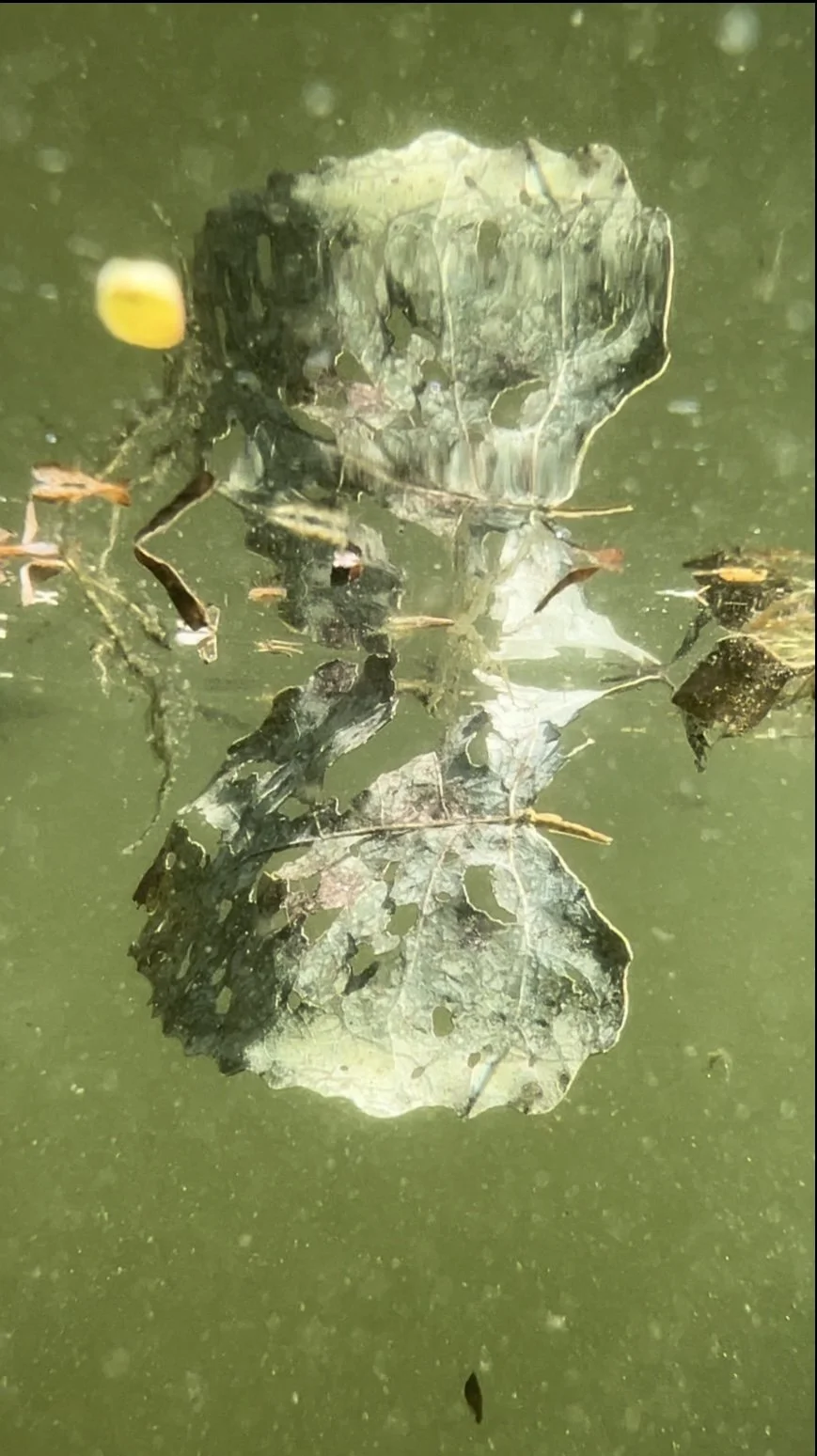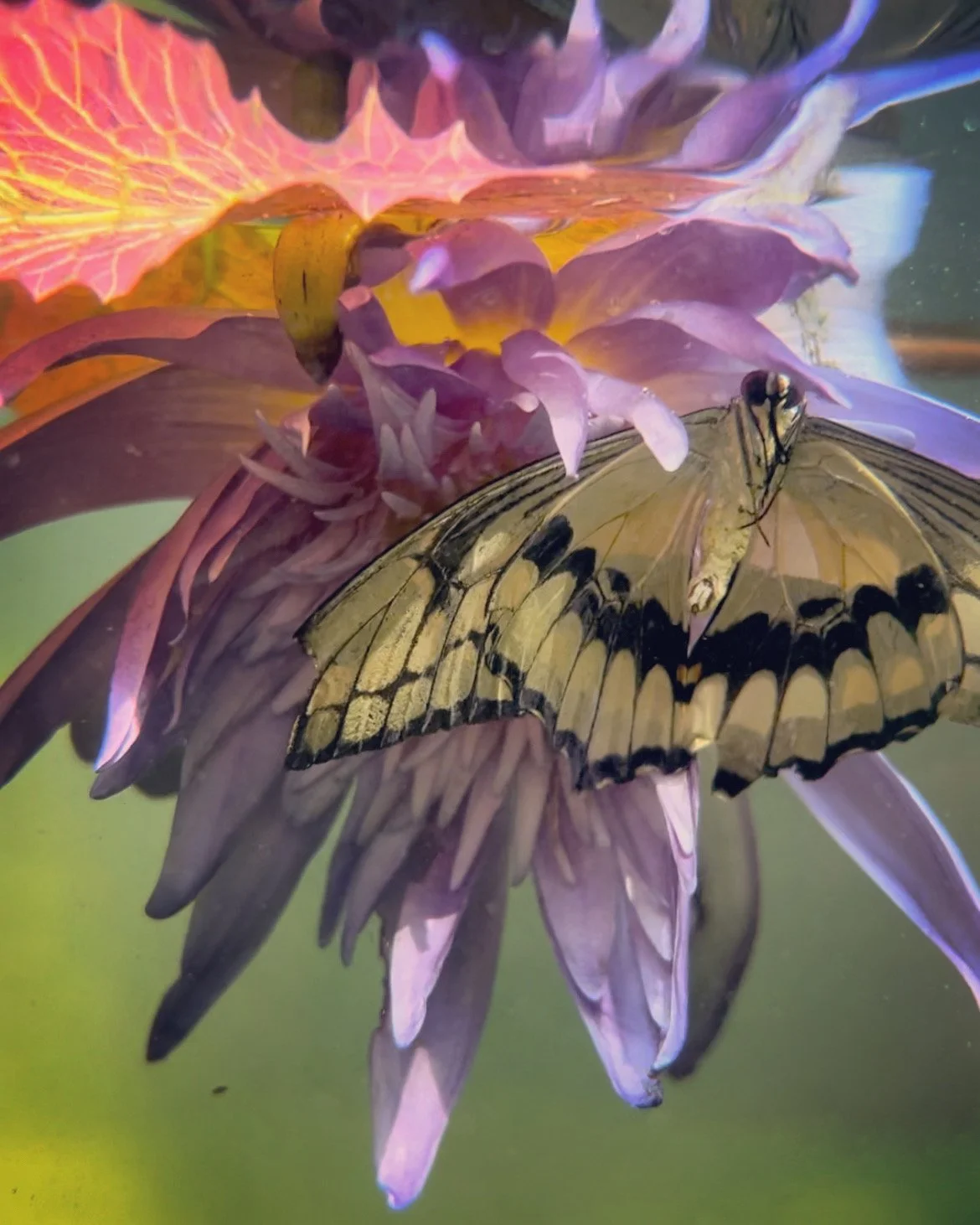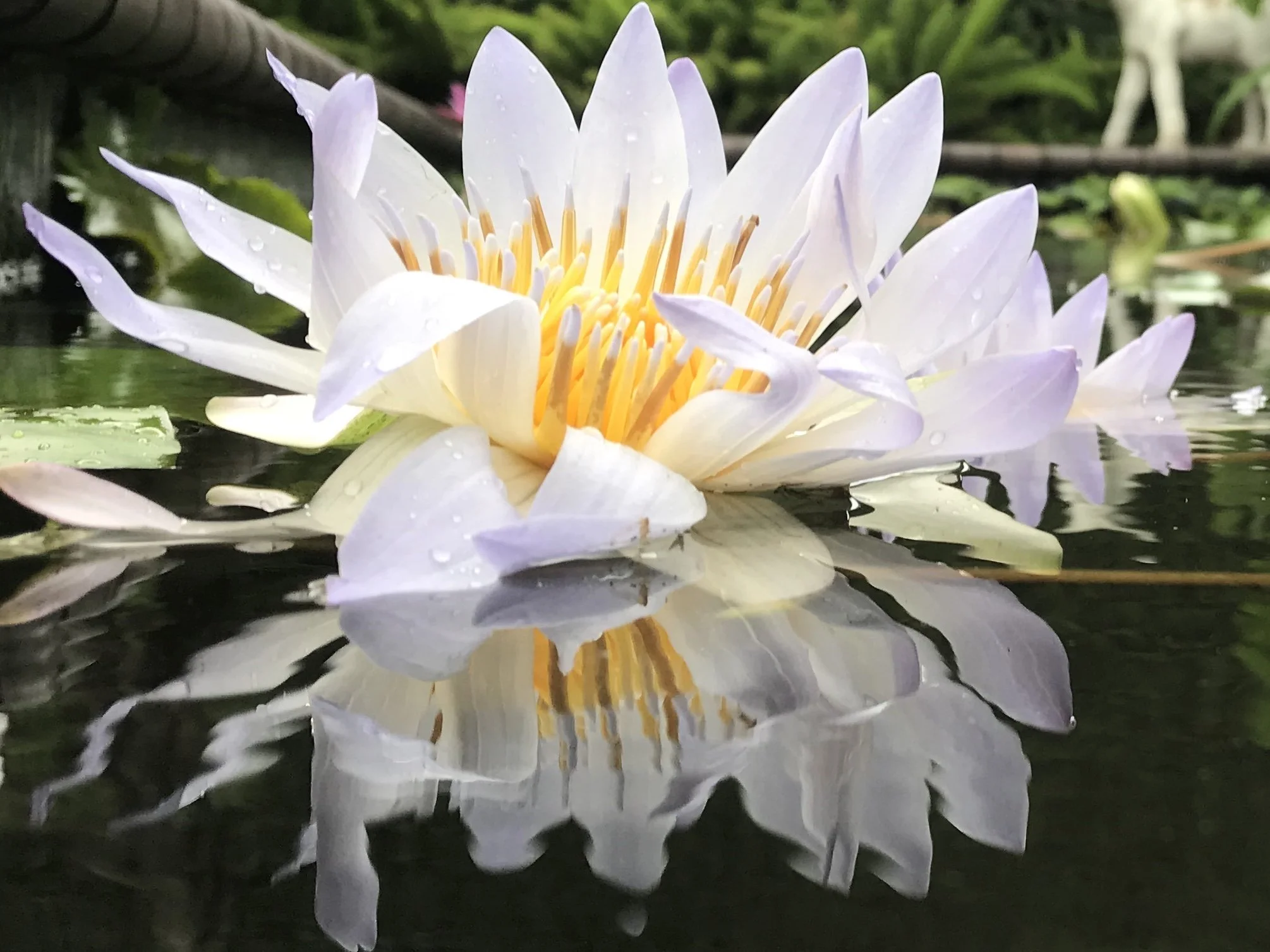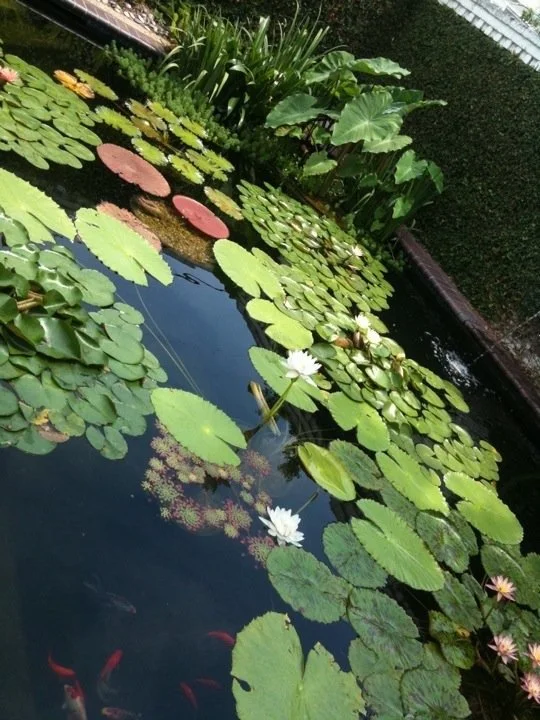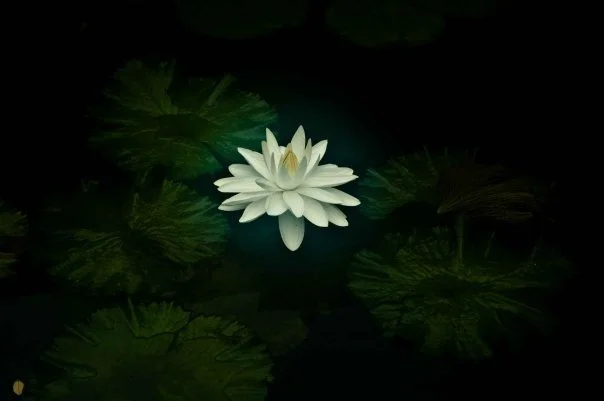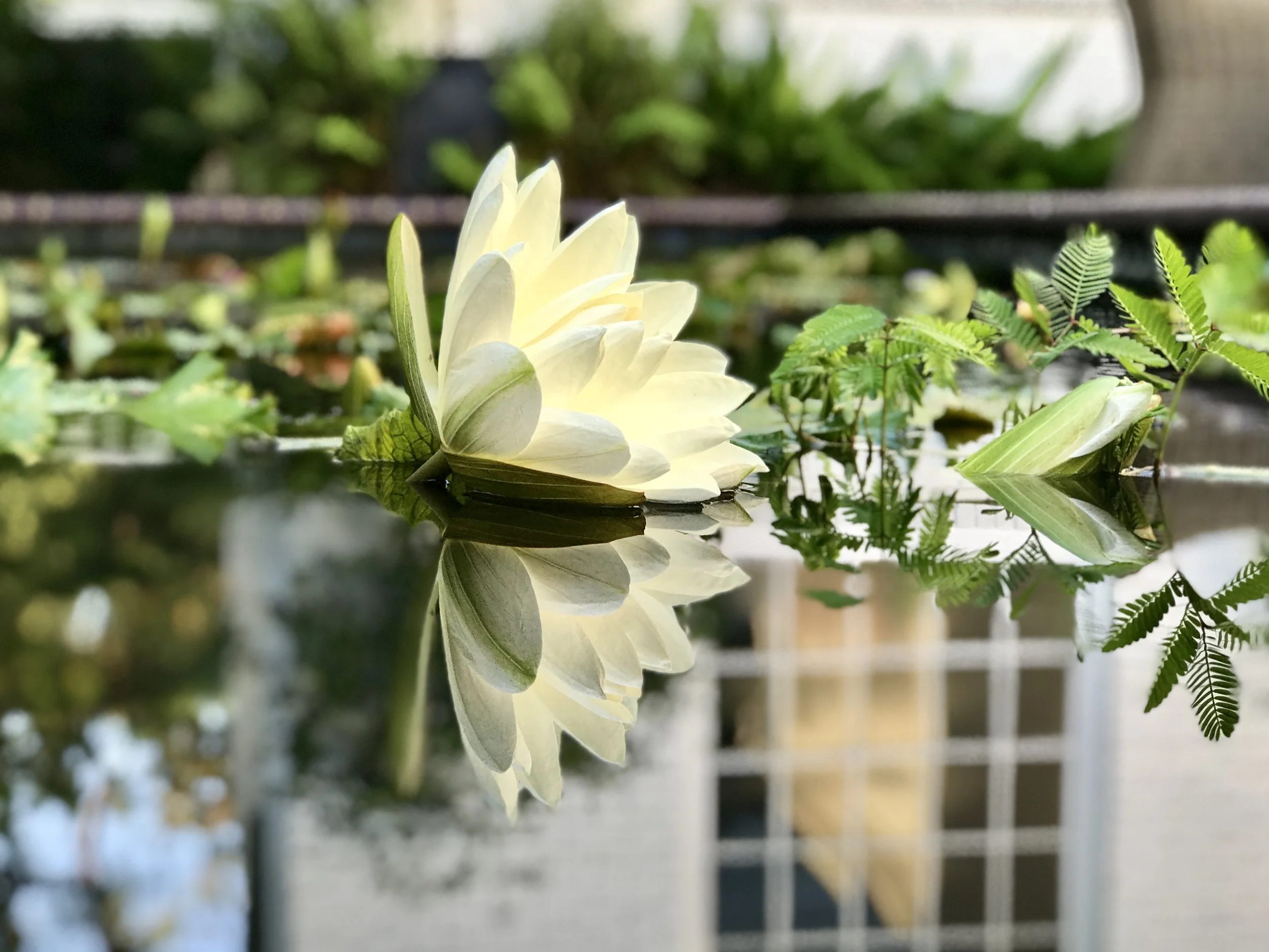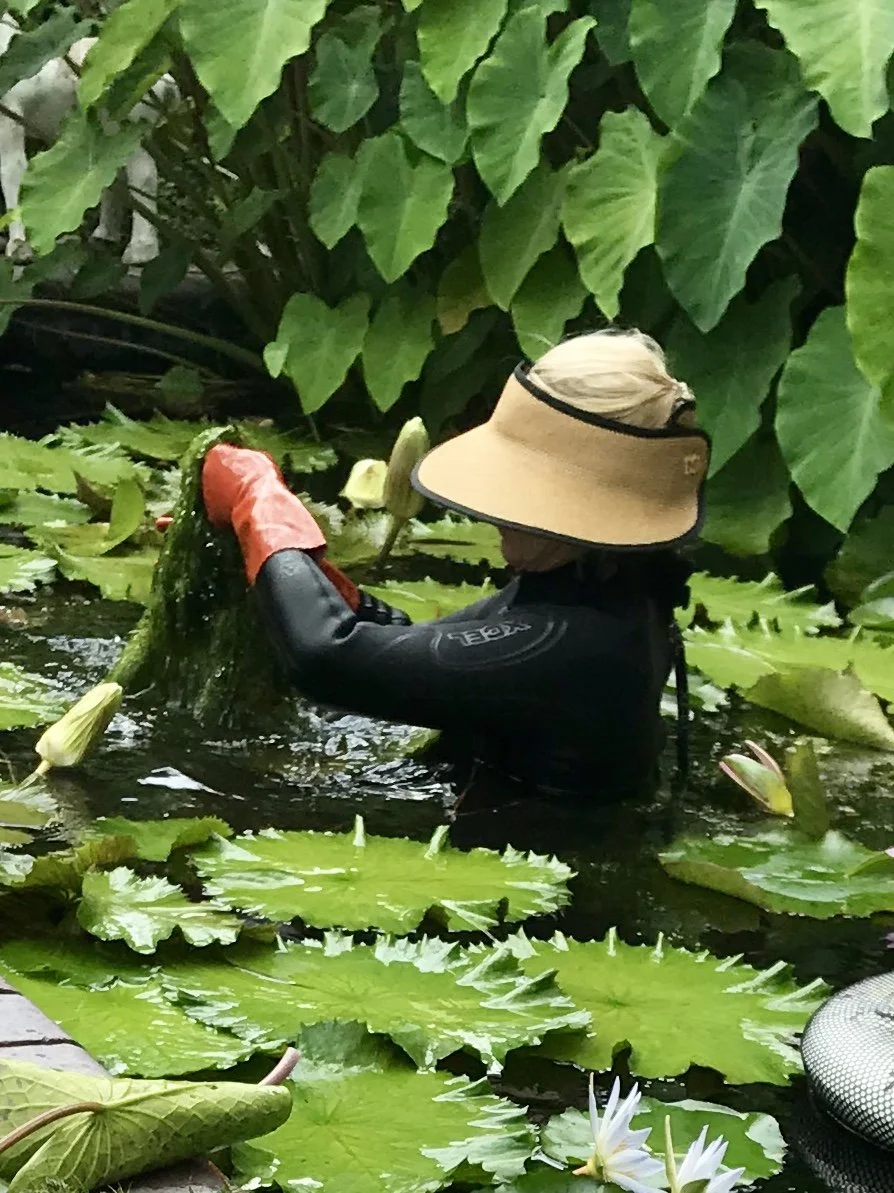Water is composed of a multitude of living organisms, each a microscopic being. Having spent most of my life in the vast desert of West Texas, I've always yearned for a connection with water and the beauty of plant life. Water gardening and underwater videoing have become my pastimes, offering pleasure, creativity, peace, and calm. I spent hours in our pond during covid.
However, I am concerned for our young humans as they navigate an environment increasingly marked by extreme weather patterns. I worry that they will grow to fear water, especially in the wake of violent floods that seem to be happening more frequently.
When reflecting on our relationship with water, it's hard not to see how humanity's approach has been somewhat harsh. I initially wrote violent, but AI suggested I use the word harsh, so I toned it down.
We often treat this vital resource as something to be controlled, redirecting it into linear channels and concrete ditches or trapping it in reservoirs and basins filled with chemical inputs. With hindsight how will future generations describe our treatment of water, our relationship with water? Thinking about it tears me up.
This treatment raises questions for me:
Are these extreme weather events, these overwhelming floods, a response to our attempts to dominate and contain water rather than nurture a natural flow? I believe it is.
Perhaps if we can rebuild our connection with water and all the microorganisms that make it up—by rebuilding landscapes that promote it to move slowly and freely, spread out, and soak into the earth-we might mitigate these violent, I mean, harsh events. Would fostering this gentler relationship with water lead to a more harmonious existence for us and water's living beings?
Lastly, I believe it’s important to recognize the value of our relationship with water, as it plays a crucial role in cooling the planet. In fact, about 90% of the planet's cooling comes from water. By fostering a deeper connection to this essential resource, we can better appreciate its impact and work towards preserving it for future generations and our own.
Re-greening a Dryland Watershed
https://www.usgs.gov/media/videos/re-greening-dryland-watershed

